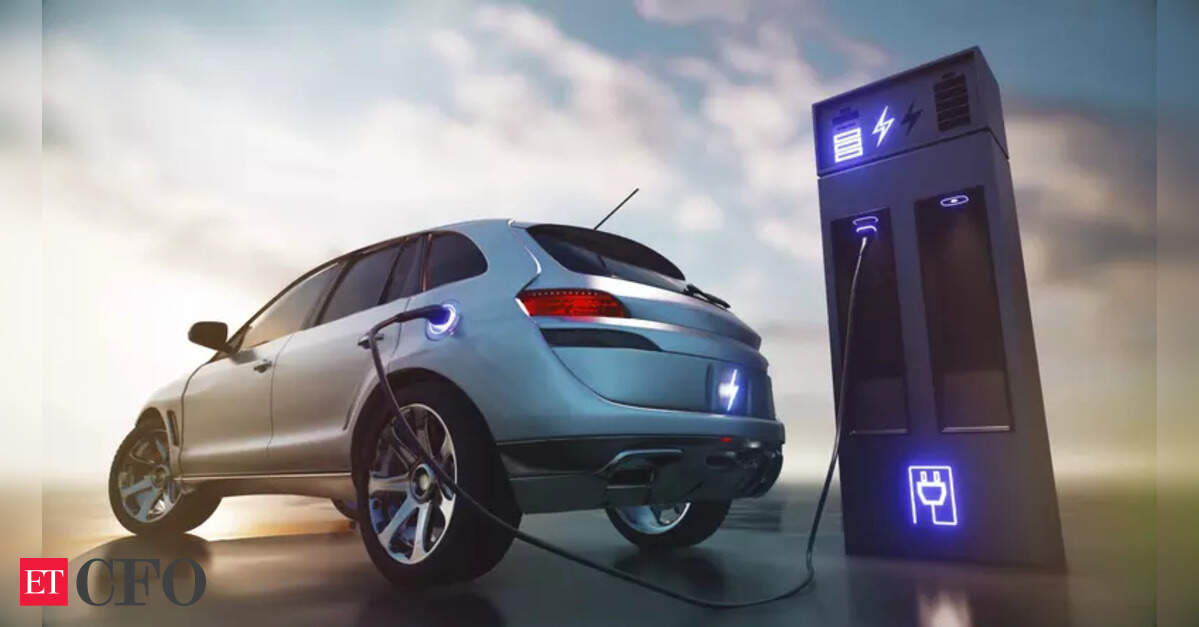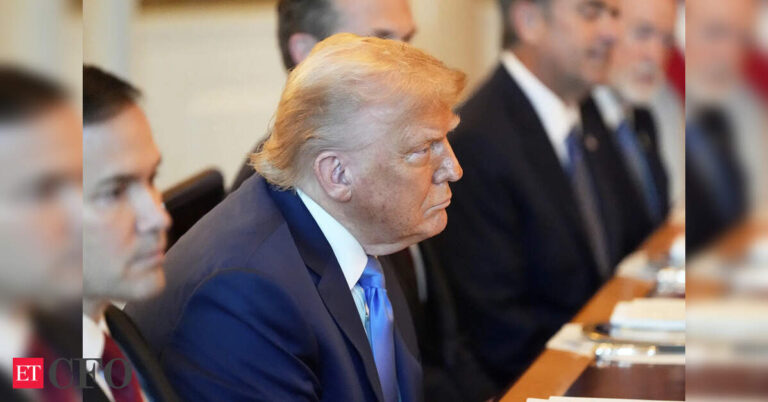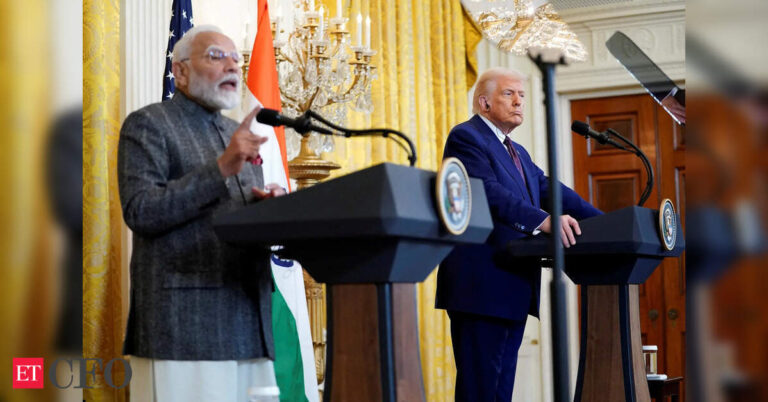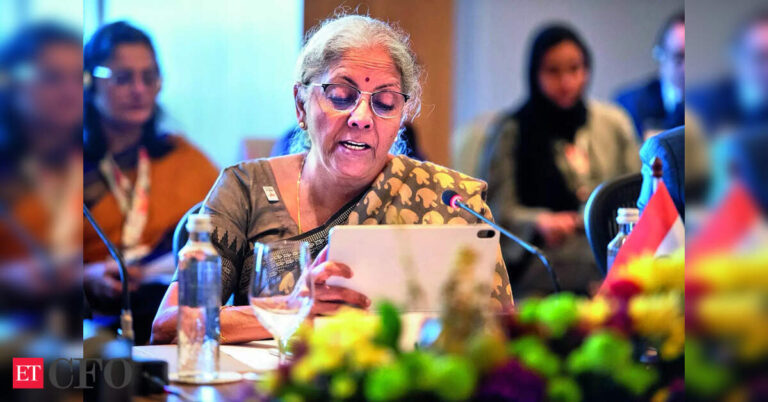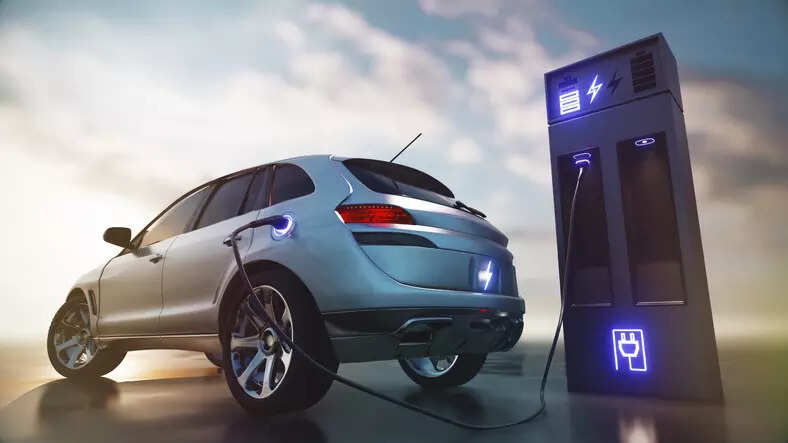
India is set to roll out a “Battery Passport” system to give electric vehicle (EV) owners detailed digital information about the batteries in use, as per a TOI report. The system will digitally record each battery’s specifications — including its source, composition, performance, lifecycle, and supply chain — and embed this data in a QR code.
Niti Aayog has started deliberations with ministries and govt departments on the proposed framework, sources told TOI. Officials highlighted that a battery passport serves as an Aadhaar identity of sorts, with every battery having a unique ID that provides all information on the product.
The initiative is expected to enhance safety and quality benchmarks while also boosting India’s EV export potential. Notably, the government is providing incentives to global EV manufacturers to establish production units in the country for exports. The system will also play a key role in the upcoming battery swapping policy, enabling users to retrieve battery details by scanning the QR code printed on them.
The need for such a regime was first felt after a series of fire incidents involving electric two-wheelers and cars. Industry insiders said there had been instances of companies importing battery cells of different vintages and using them as part of the same modules. “When cells made in different years are joined together, there is more load on new cells, as the older ones are closer to their expiry date. Such a module impacts performance and can be a safety hazard,” said a source.
Officials privy to govt’s plan said once the battery passport system is implemented, it will be possible to ensure that cells in any battery are manufactured in the same year. Through it, users will get to know about the lifecycle and performance of batteries, which is key considering they account for nearly 40% of the costs of EVs, an official said.
A source said, “This move will help achieve three major goals: trade (export of electric vehicles), safety and quality”.
The initiative is expected to enhance safety and quality benchmarks while also boosting India’s EV export potential. Notably, the government is providing incentives to global EV manufacturers to establish production units in the country for exports. The system will also play a key role in the upcoming battery swapping policy, enabling users to retrieve battery details by scanning the QR code printed on them.
(With TOI inputs)













